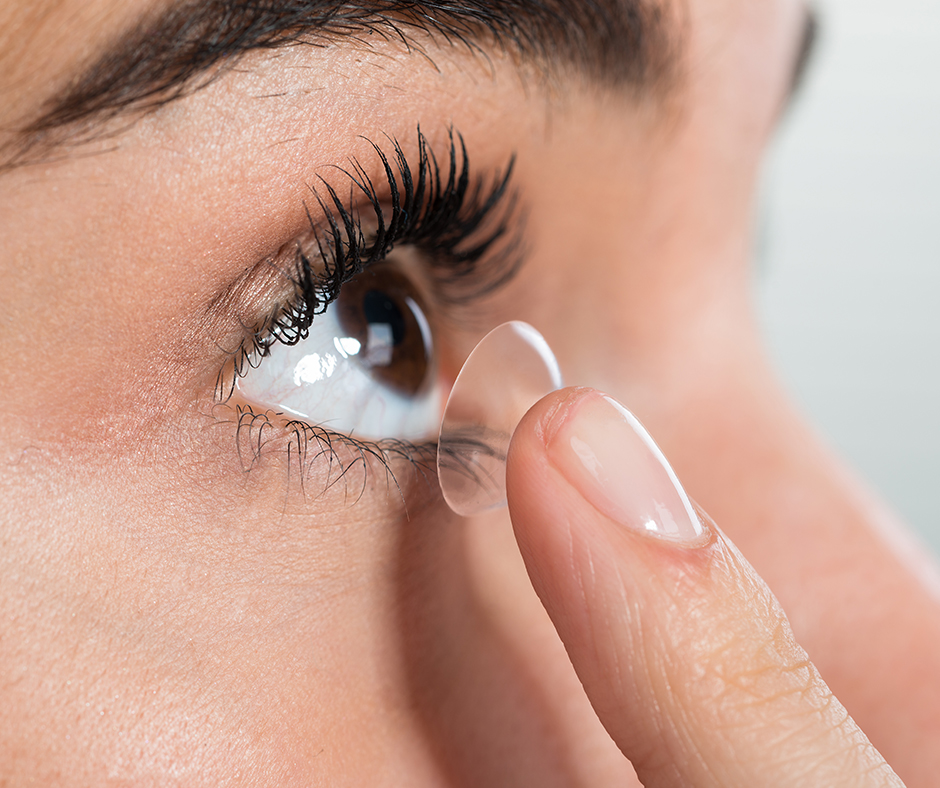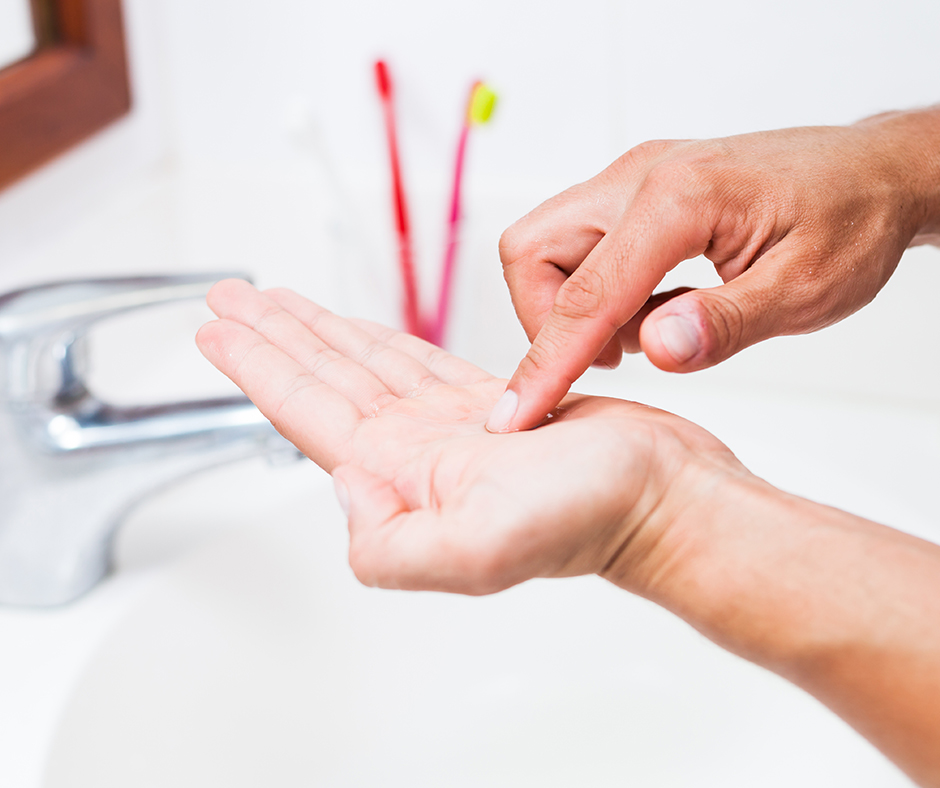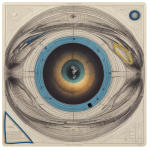
Contact lenses provide many benefits to the wearer but can cause problems if instructions are not followed carefully. Routine follow-up visits to your eyecare practitioner are essential, and your practitioner will advise you regarding the appropriate appointment interval. Only a thorough eye examination by your practitioner can determine how your eyes are responding to your contact lenses. Early signs of problems can be detected and treated long before you are aware of them, thereby avoiding any serious or permanent problems.
You must ensure that:
✔ Look Good
✔ Feel Good
✔ See Good
Basic Contact Lens Care and Wear:
- Always WASH, RINSE, AND DRY your hands before handling your lenses.
- This will prevent allergies and eye infections.
- INSPECT the lens before insertion.
- Is it clean?
- Does it appear damaged? If so, consult your practitioner.
- For soft lenses, also check to ensure that the lens is not inside out.
- Once your lenses are in, it is best to AVOID rubbing your eye.
- If the lens is not comfortable, remove, rinse thoroughly with solution and try again.
- For soft lenses, it could be possible that the lens was inside-out.
- If discomfort, blurry vision or redness persist, discontinue wear and consult your practitioner.
Lens Removal, Cleaning and Storage:
- It is recommended that lenses be removed over a clean, (soft) flat surface, with cleaning/ storing solutions nearby.
- Cleaning your lenses routinely after wear is essential to prevent contact lens induced complications.
- It is important that lenses are cleaned immediately upon removal, before allowing deposits time to bind to the surface.
- Once deposits are bound to the lens surface, the cleaner is no longer effective.
- You may then be given an enzymatic cleaner for protein removal.
- NEVER use tap water to clean your lenses or lens case.
- Storing the lenses in the storage solution is essential for keeping them sterile.
- Many solutions are available on the market, but not all will suit you.
- Your practitioner will be able to recommend a suitable solution, after checking you are not allergic to any of the components.
- Do not change your solution without first checking with your practitioner.

- Keep your storage case clean: This must be done daily.
- Rub the internal surface with your finger, using warm tap water
- After that, fill the case with fresh soaking solution prior to storage.
- The case should be replaced with every new bottle of solution.
Contact lenses should not be worn in conjunction with certain health or environmental conditions.
These includes;
- Allergy, inflammation, infection, or irritation, in or around the eye or eyelids.
- During periods of poor health, such as severe colds or influenza.
- When using medications, and especially eye medications.
- When in excessively dry, smoky, polluted and dusty environments that make lens wear uncomfortable.
- Water sports without the use of goggles.
- Consult your practitioner regarding contact lens wear under these conditions.







